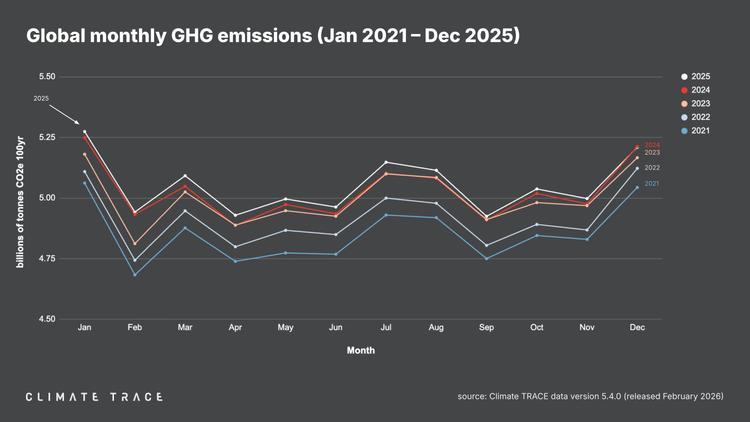Kraft-Heinz maintains procurement focus with new CSO appointment
The company is aiming to cut GHG emissions across all scopes by 50% by 2030 and achieve net zero by 2050.

Kraft-Heinz has announced that Janelle Aydin will replace Marcos Eloi Lima as Chief Procurement and Sustainability Officer on August 1.
In an SEC filing dated July 9, the food company noted that Lima is stepping down from his role as Executive Vice President and Chief Procurement and Sustainability Officer at the end of the month after more than five years.







